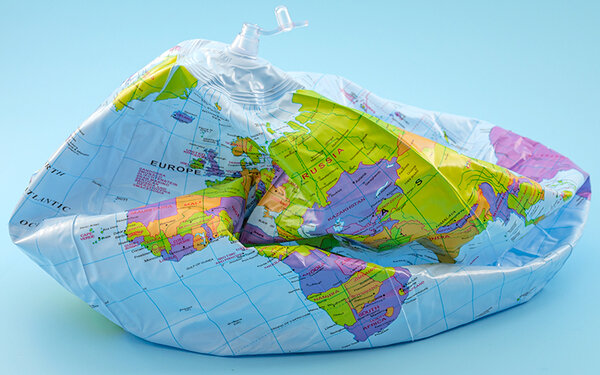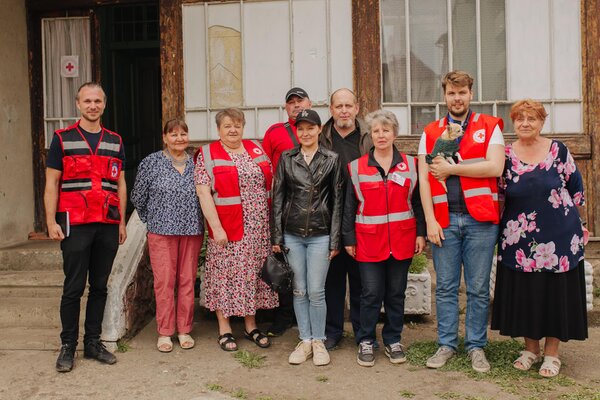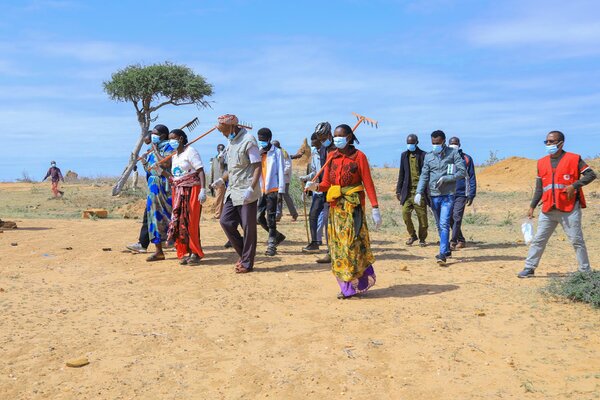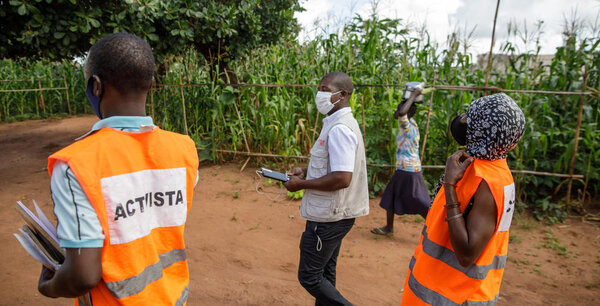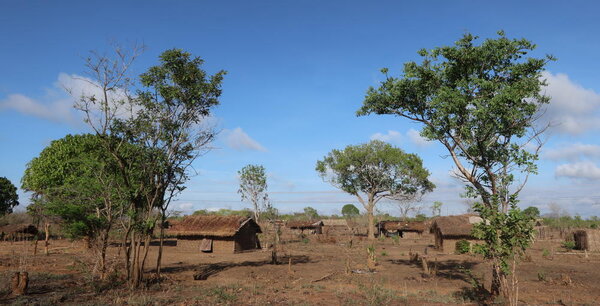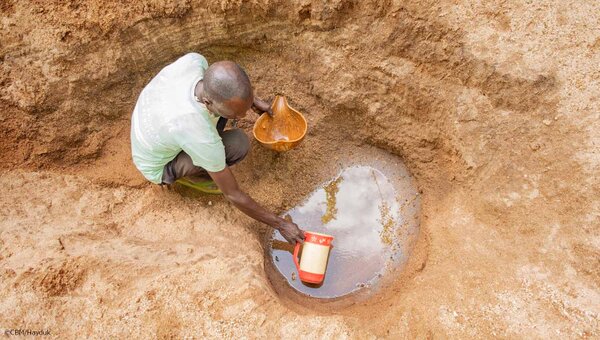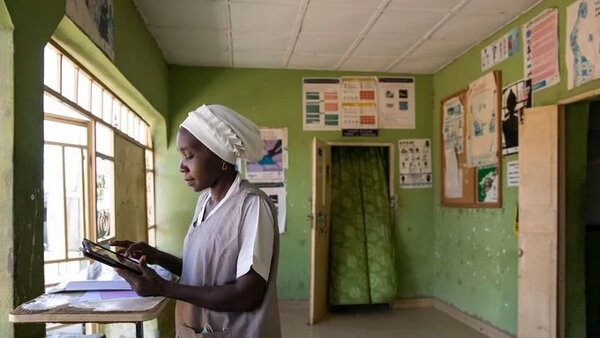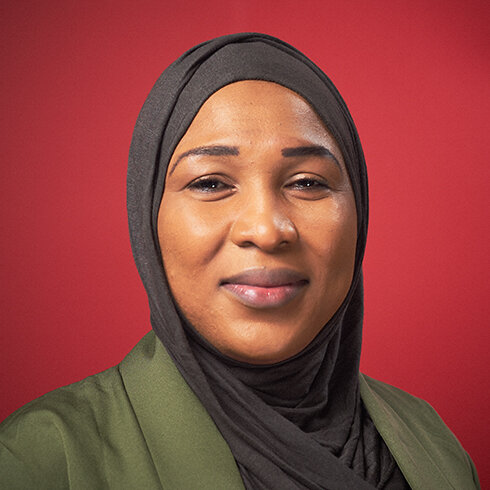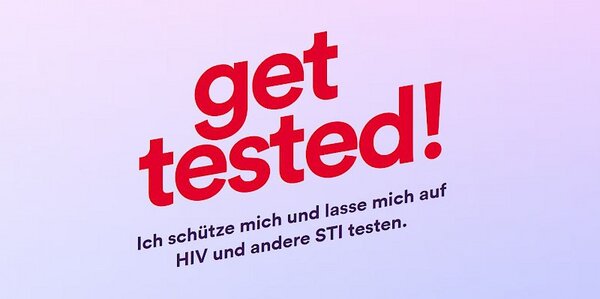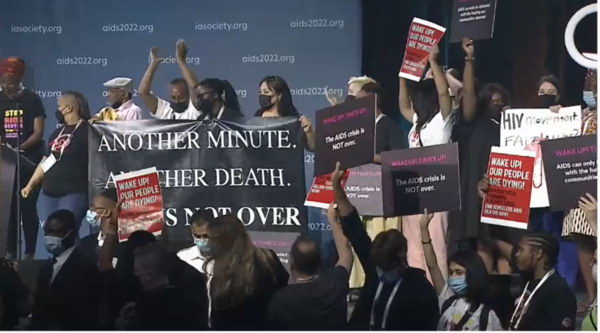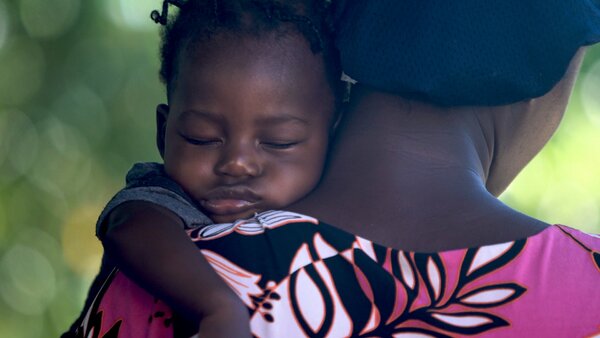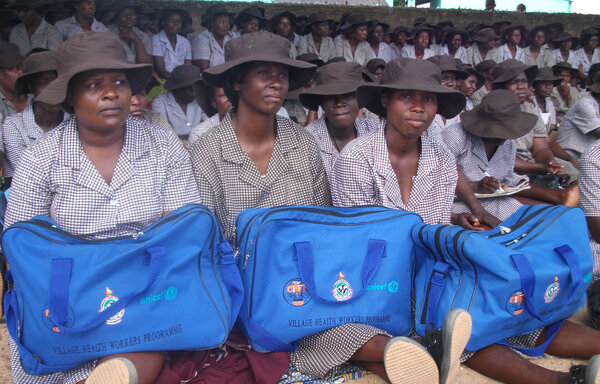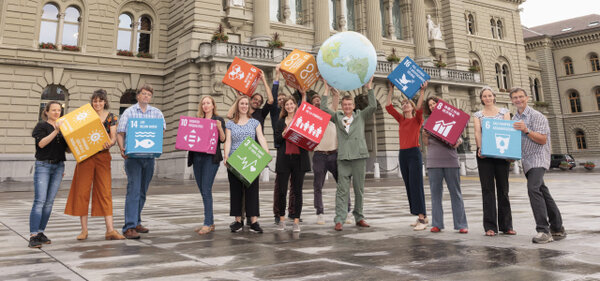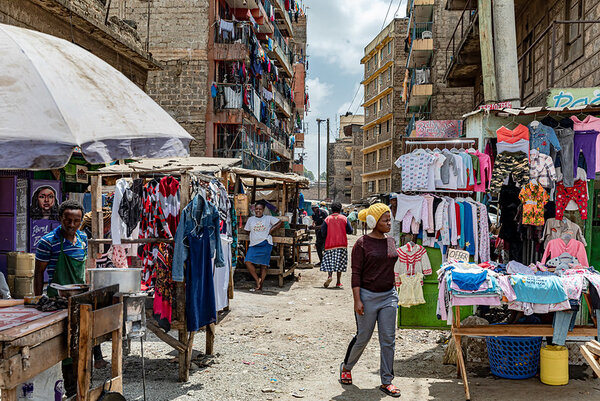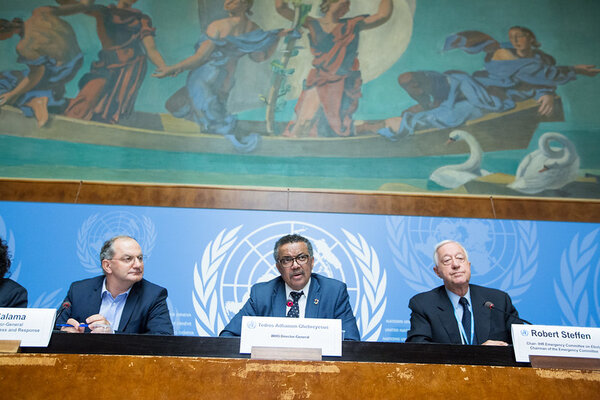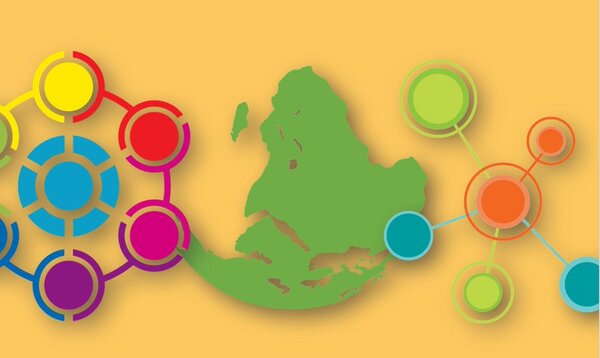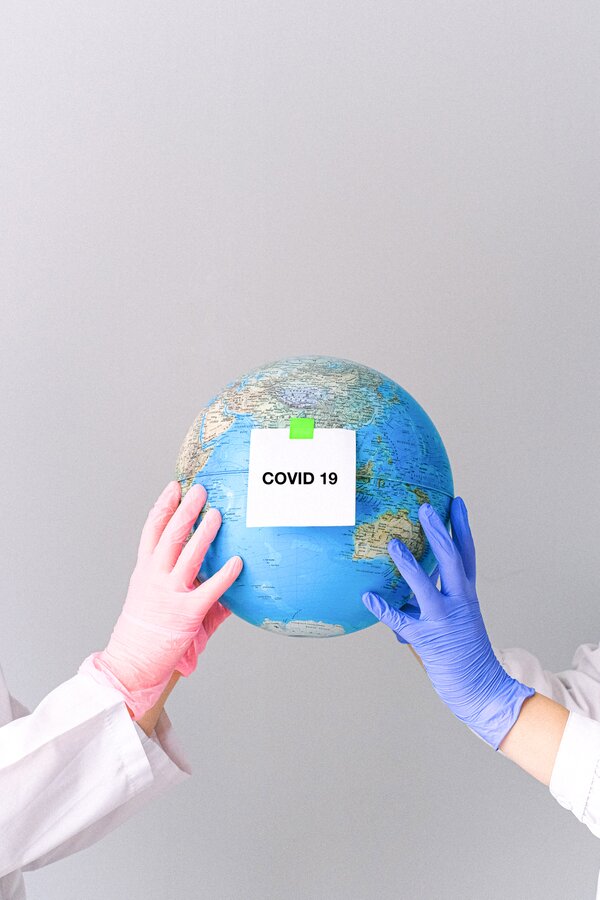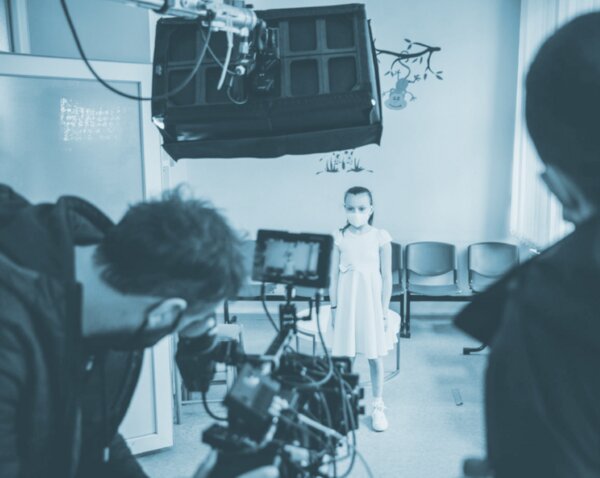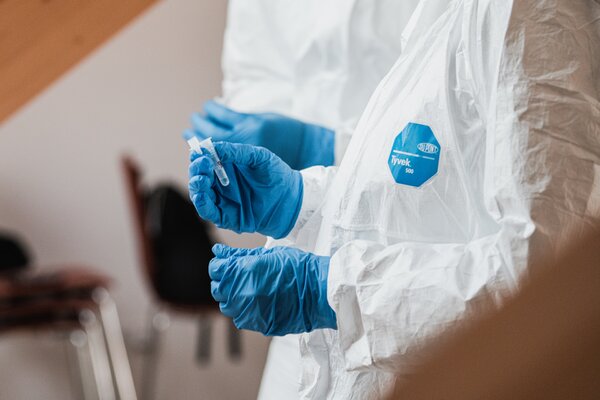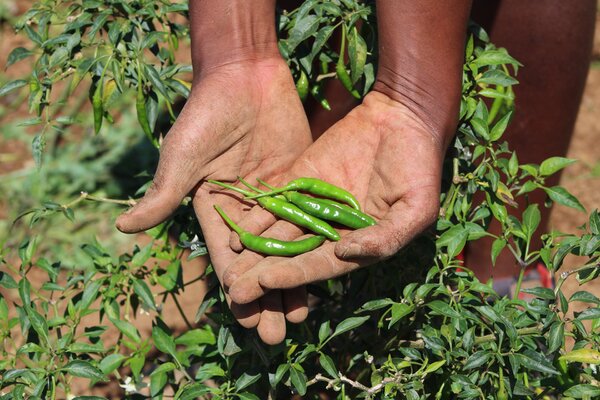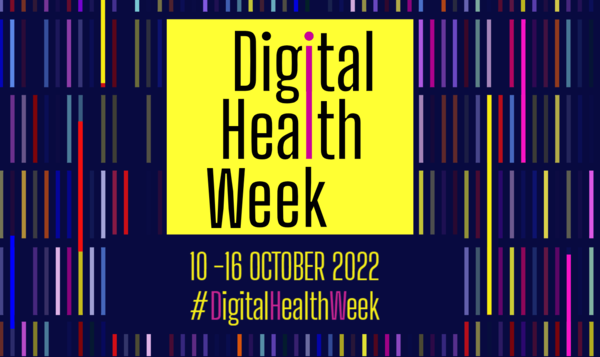En janvier, j’ai écrit dans ces colonnes que le monde serait confronté à une double crise. Ensuite, il y a eu la guerre d’agression de la Russie contre l’Ukraine. Depuis lors, le monde est confronté à une crise multiple : crise sanitaire et crise climatique, violence et crise humanitaire, crise énergétique, crise économique et crise alimentaire.
Besoin de réflexion et de perspectives d‘action
Toutes ces crises, prises individuellement ou combinées, ont des conséquences sur la santé des populations du monde entier et sur la gestion de la santé mondiale dans son ensemble. Il existe un grand besoin de classification, de réflexion et de développement de perspectives d’action. Notre Symposium MMS, qui se tiendra le 2 novembre 2022 à Bâle, offre l’espace nécessaire à cette réflexion.
Si l’on considère les crises dans une perspective historique, leurs effets politiques présentent un point commun : les certitudes existantes n’étant plus en adéquation avec les réalités déclenchées ou rendues visibles par une crise, les débats politiques et les discours existants évoluent afin d’ouvrir de nouveaux espaces de réflexion. Parallèlement, les conditions politiques et économiques ainsi que les structures institutionnelles peuvent également changer de manière très concrète. Ainsi, dans les années 1920, la guerre, la pandémie et la misère sociale ont entraîné la création de la Société des Nations, l’introduction du droit de vote des femmes dans différents pays et, en Suisse, une ouverture politique qui a contribué à l’introduction du scrutin proportionnel au niveau fédéral. Mais le caractère de crise de cette époque a également conduit à la radicalisation politique, au fascisme et au national-socialisme.
Changement des débats, des discours et des institutions
En Suisse aussi des changements peuvent être constatés face aux crises récentes : la percée de l’initiative sur les soins infirmiers suite à la crise sanitaire, les débats autour de la neutralité suite à la violation du droit international par la Russie et peut-être – espérons-le – une attitude plus positive envers l’UE qui retrouve son importance centrale en tant que communauté de valeurs et projet de paix. Au niveau mondial, le travail des organisations multilatérales est fortement perturbé par la nouvelle division du monde, la propagande et les mensonges menacent de saper la légitimité des organisations internationales.
En tant qu’acteurs de la coopération internationale en matière de santé et au niveau de la santé mondiale, une telle situation devrait nous conduire à réfléchir sur notre travail. Notre Symposium est l’endroit idéal pour mener cette réflexion et nous nous réjouissons de vous accueillir tous le 2 novembre 2022 à Bâle.
Martin Leschhorn Strebel
Réseau Medicus Mundi Suisse
E-Mail


